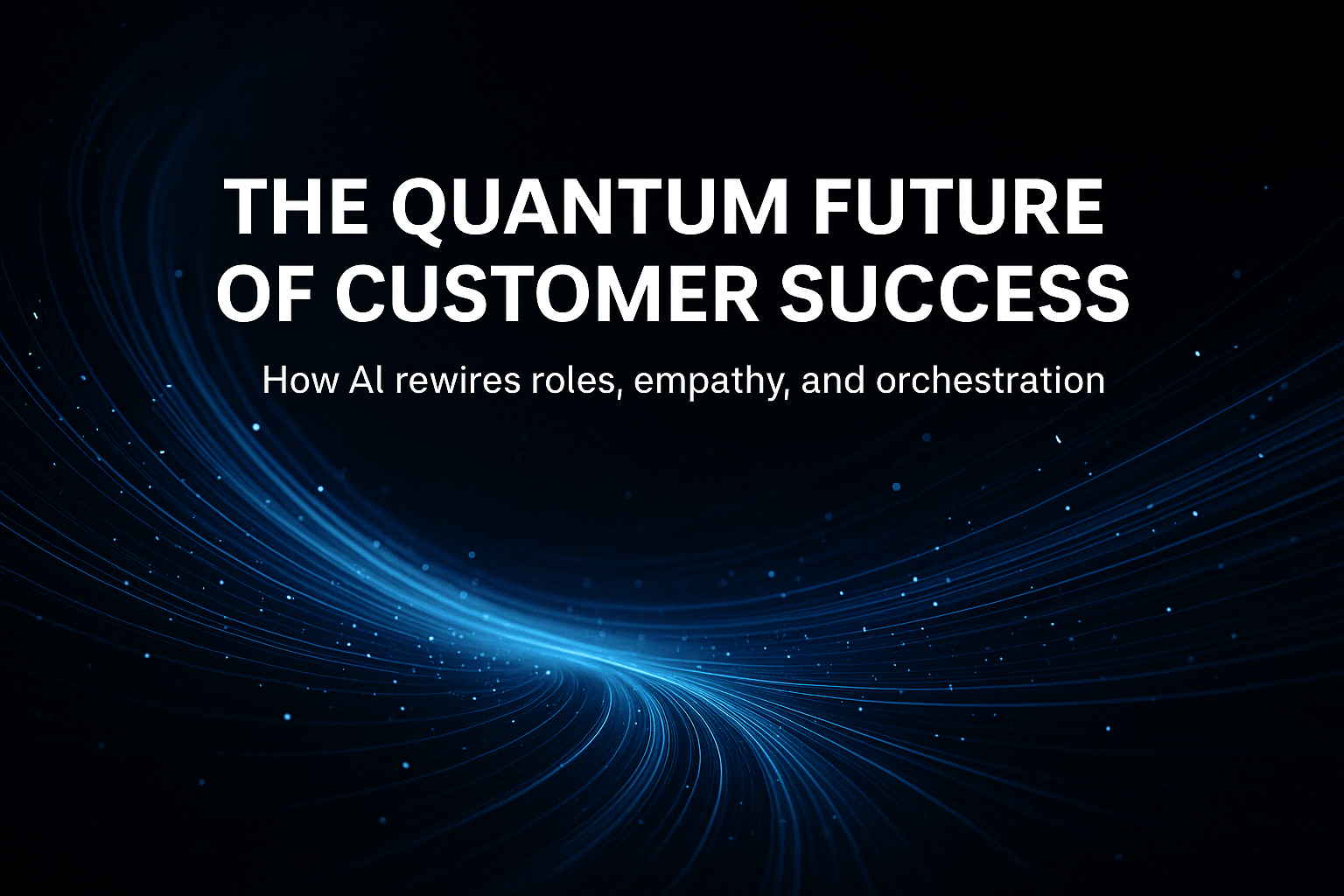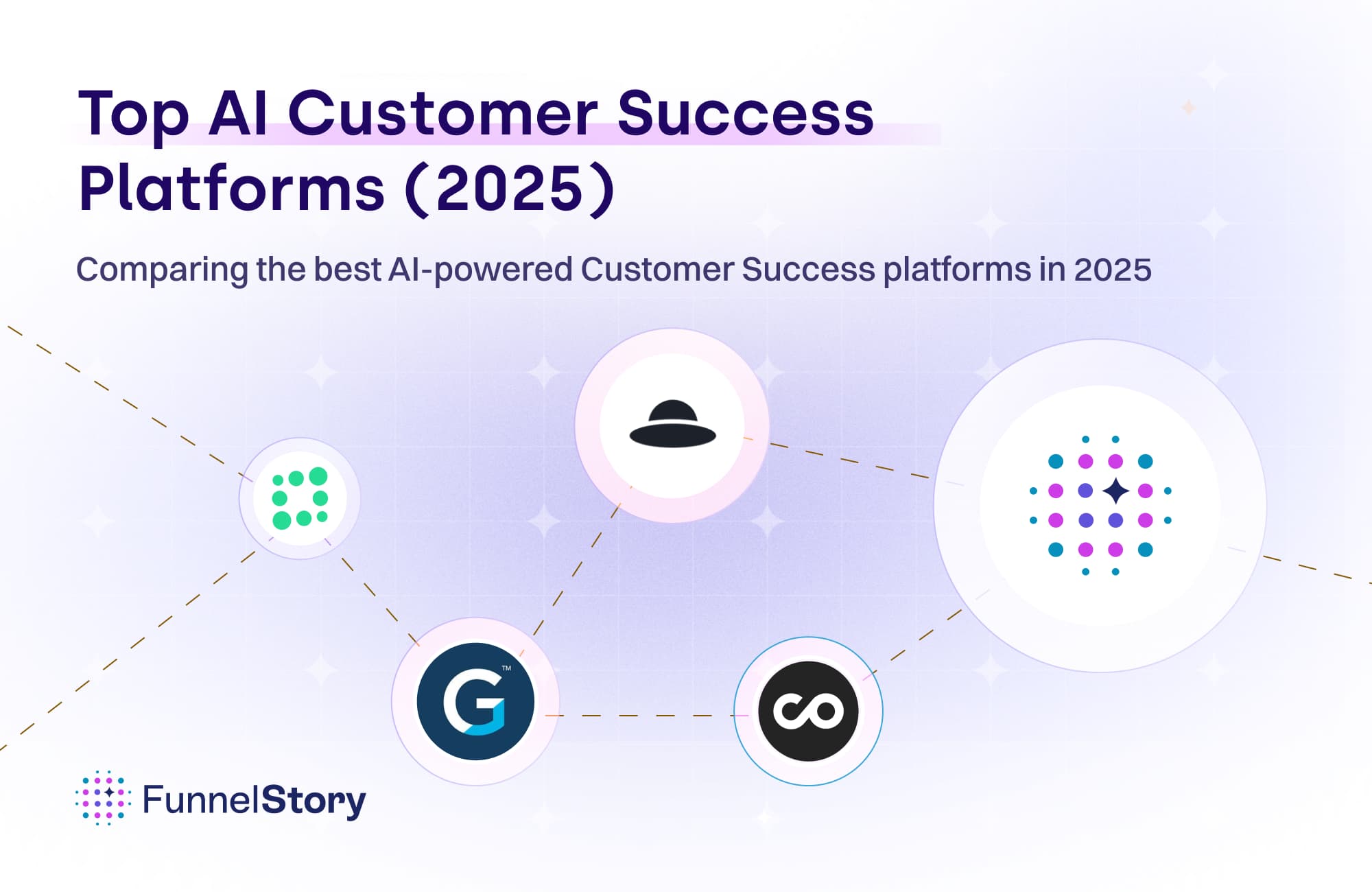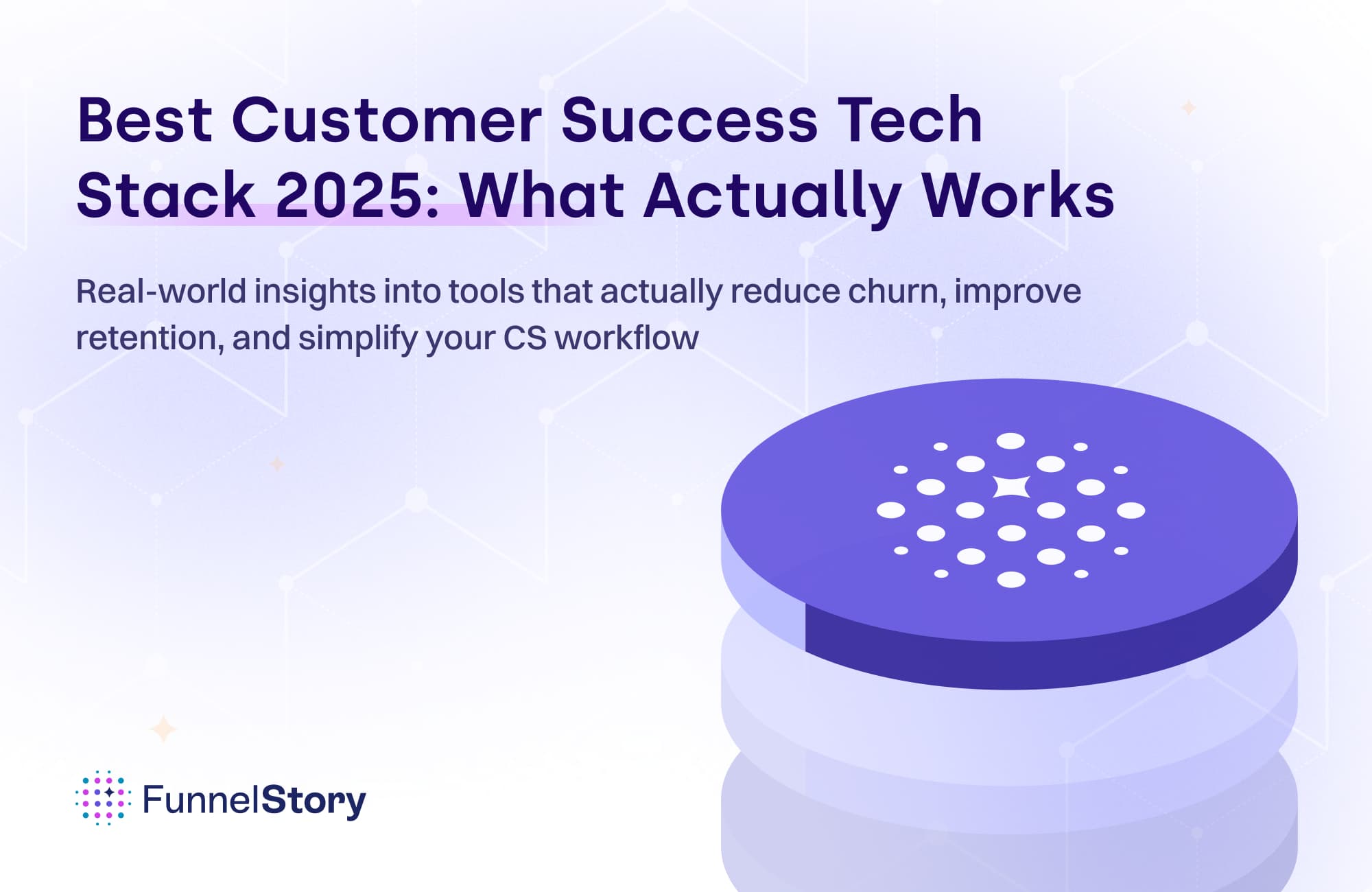This is a reproduction of a blog that I wrote during my tenure at ShiftLeft (now known as qwiet.ai) in October 2020
ShiftLeft Product/Engineering team's latest product re-design reduced our product demo & onboarding timelines from weeks to less than 5 minutes. We achieved this through some smart product design and some automation. Read on to learn more.
Problem statement
Our technical sales cycles were long. It took an average of 20–30 days to get the initial setup before a prospect started to see the results of an application for their product.
Historically, much of our technical sales cycles followed a process broadly like the following (pretty standard for most SAST vendors)

For the un-initiated, most of the process is about coordinating time & people. Broadly, it is about the following.
Having the right folks for each of the call
Sales Engineer needs to perform optimally each time, every time
Ensure technical integrations with the prospect’s infrastructure (CI/CD system and Git integration ) go smoothly every time. You also need the right permissions, firewall approvals (if required), and the right folks to investigate technical issues on the prospect’s infrastructure, etc.
App selection is a major decision from a prospect's perspective, and once the application is submitted, code analysis results should be good and satisfy the customer’s success criterion.
Off-course prospects are also soaking in the proof of concept/value experience.
What was our Goal?
Our obvious goal was significantly reducing proof of value (POV) timelines.
If, on average, a POV takes 60 days, followed by a standard post-PoC sales cycle of 45–60 days, you are looking at a total sales process that would naturally stretch over at least 2 quarters if not more.
However, if you could cut the PoV timelines by a month (30 days), you will ensure that you can start and conclude a sales opportunity in a single financial quarter. For the same amount of salespersons in your team, your yield per salesperson suddenly becomes higher per quarter. In simple terms, more revenue per quarter.
We zeroed-in on the initial on-boarding of our solution where we could optimize significantly. Like by hoping to cut 30 days from the overall sales cycle
Design principles
Before one sets a goal to design a new system, it is important to understand your design principles. For us, specifically for onboarding, we adopted the following principles.
Reduce work
Reduce points of interaction & ask less questions
Educate users by having them do things
Give user satisfaction at the end of a task
Don’t just say problems, but also provide answers (step 1 again — reduce work)
An article that influenced us and helped us clear up design choices is this.
What changes did we make?
It was a messy process to arrive at our eventual solution. There were impassioned arguments, points of contention, and beliefs but a lot of hard work overall. Eventually, we agreed upon the following.
If Users can do it themselves, let them do it — A self-guided experience is most authentic; no sales engineer-mediated demo and product experience can replicate the emotional impact of a self-serve workflow.
No NDA — Getting the folks to sign an NDA so early in the process is a relic of the past. A simple checkbox-style ToS agreement is good enough.
Auto Configure CI/CD — Do not ask a first-time user to configure their CI/CD systems. Do it for them. Users want to see your product in action and see value very early on. Once they have seen value, their commitment level increases, and they would be happy to do further customization by themselves.
Give users app options for analysis — By default, do not ask users to find a good app for them to analyze. Present them with good pre-configured choices before asking them to choose their applications. Remember, users are still creating first impressions; they must feel motivated to invest that additional effort.
Educate users by encouraging them to do their first analysis— We settled on a limited number of tasks — Encourage them to analyze their first app and while they are waiting for results, walk them through the product.
No success criterion (at the start) — Success criteria are important but slightly useless before users have experienced your product. In an enterprise PoC, prospects may have been educated by your competition. You need to delight users with your cool features and reeducate them on success criteria based on your offer. Be Smart!
Get to the results Fast — By configuring CI/CD system automagically and providing users with a choice of demo apps across all languages, eliminating NDA and success criterion, we ensured that users would experience a good outcome fast (mostly within the first five minutes).
Finally, and most importantly, you cannot put lipstick on a pig to make it look different. We were able to make all of these decisions because ShiftLeft code analysis technology is blazing fast. Our whole effort, in a nutshell, was to have the users experience this speed and quality as early as their Shiftleft experience.
We bet that if users experience emotional closure by seeing results fast, they will remain with you.
The outcome
Here is how our new technical sales process looks now. It now starts with users onboarding themselves ( in a self-serve or guided mode) and letting the product directly interact with users.

And our full automation (with a demo or custom app) now looks like this.
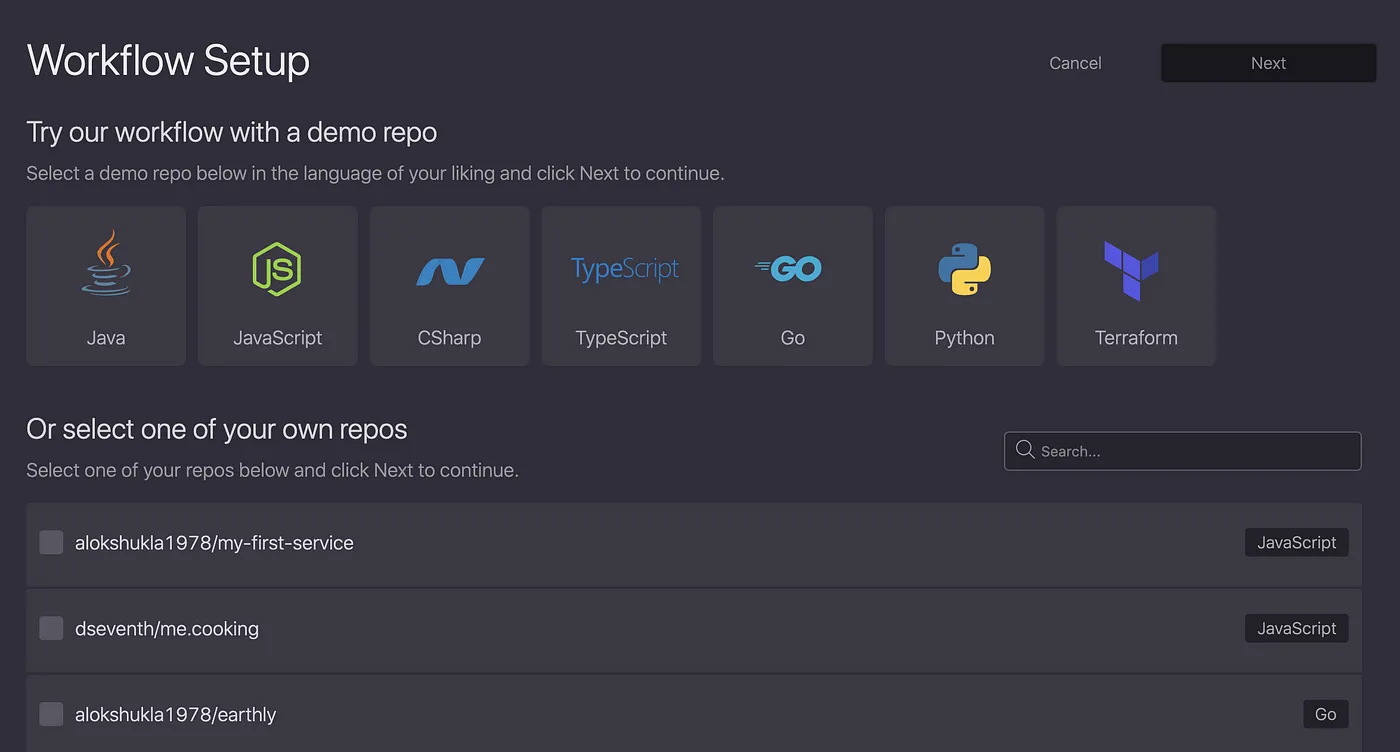
With the above full automation introduced in July 2020, we significantly reduced the time required for onboarding (in a single setting) from an average of 5 hours to less than 5 minutes.

In a multi-setting POV scenario, which is the most usual case, the reductions were also very significant. The onboarding time (in a multi-setting scenario) has on average, reduced by 1/6th from an average of 30 days to just 5 days.
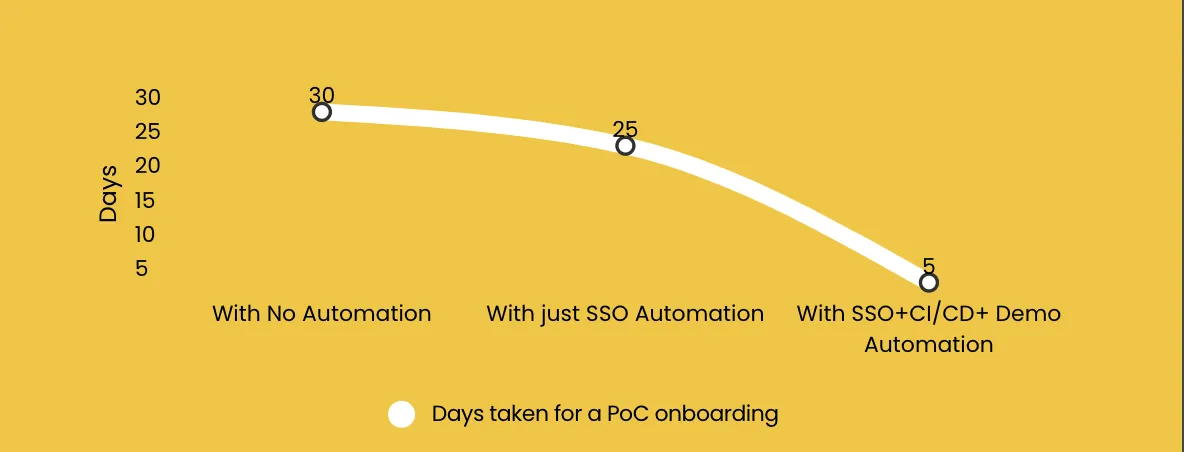
Post-Script
No two products have the same automation paths and similar design challenges. However, some design ideas could be utilized in a different setting.
Fast forward - 3 years
This blog was written contemporaneously in Oct 2020 and describes the analysis I carried out when the self-serve was first built out. Many learnings remain valid as I have engaged with many founders and sales leaders during the last three years.

